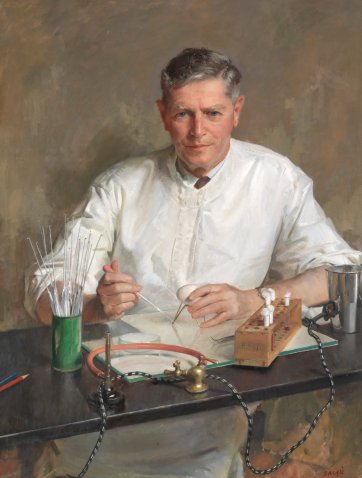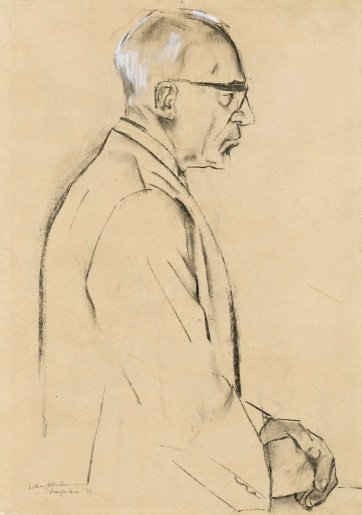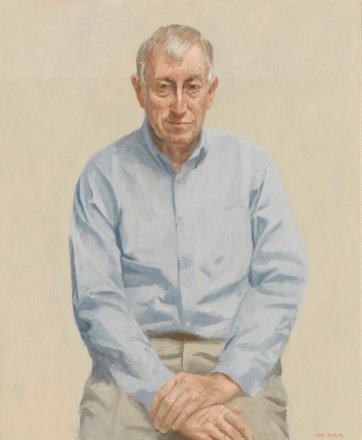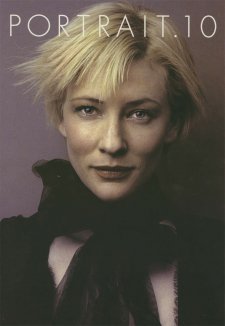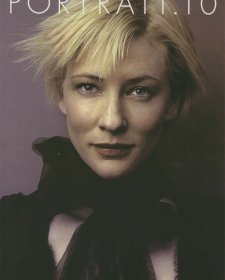A week-long celebration for the awarding of the Nobel prizes is one of sumptous extravagance. The Nobel laureates and their invited guests stay at Stockholm's opulent Grand Hotel. The laureates are chauffered in stretched Volvos to numerous feasts and functions, as they become enveloped in a wisful world of congratulatory splendour and royal pagentry.
Swedish royalty, the King and Queen, provide the climax of the week as they host the lavish ceremony to present the prizes and a dinner For the people of Sweden a lottery can be entered to gain tickets to both events. For the lucky winners of such tickets, it is an opportunity to don formal regalia and dine with the royal family. There is also a small collection of tickets set aside for overseas students, allowing a fortunate few to witness the Nobel revelry.
An ensemble of trumpets heralds the entrance of the laureates. To the accompaniment of Mozart, the beaming laureates march to the stage and take their seats. The prize-winners sit in an order of precedence according to their fields, as directed in Alfred Nobel's will - first physics, followed by chemistry, medicine, literature and peace. The final laureate is the winner of the prize for economics, an award added to the list in 1968.
Nestled among jewels and abundant floral arrangements, an orchestra and singers perform from the balcony behind the spectators. The Concert Hall glows. Past laureates and members of the Swedish Academy of Science join the royal family upon the stage, resplendent among the lavish gold and royal blue decorations.
With a series of antiquated gestures and bows the golden Nobel medals are presented to the laureates, and the King imparts a sense of irrevocable nobility on modern success.
No other award has a celebrity status that approaches that of the Nobel Prize. Since their inception in 1901, the Nobels have forged a link between acknowledging intellectual accomplishment and engaging popular appreciation. Committees of five or six experts, members of Swedish Academies, select the winners, with the exception being for the Peace Prize decided by a Norwegian assembly. The process is one shrouded in secrecy, the candidates and nominators never disclosed. The Nobel Prize has no runners up. Once the award has been bestowed, forever in history will the laureate's name be recalled as a winner of the Nobel Prize.
A further ingredient to the awe the Nobel Prize is that of the significant prize money bestowed upon the laureates. The entire fortune accumulated by Alfred Nobel was placed in the Nobel Foundation upon his death; the fund is now valued at 2.8 million kronor (SA532.54 million). Every year the interest from the fund is divided equally among the recipients. The notion that this sudden wealth is endowed upon devoted yet largely undervalued literary artists, peace activists and academics adds to the romance of the Nobel Prize.
Each year the prizes are awarded on December 10, the anniversary of the death of Alfred Nobel. With a sawy business mind and scientific aptitude, Nobel dedicated his life to applied chemistry. Both entrepreneur and successful inventor, he introduced the world to the explosive possibilities of dynamite and gunpowder. Nobel was also interested in literature and humanism. A prolific wnter, his letters are filled with philosophical prose, and remain today as a telling portrait; they indicate a man lonely and humble, acutely aware of life's absurdities, shunning publicity, yet utterly driven by the potential of scientific discovery.
Through its very nature the Nobel Prize allows an amalgamation of contrasting worlds - those of art, science and politics, prosperity and intellectual rigour, royalty and internationalism, academia and popular regard. It is in these actions that Alfred Nobel bequeathed an impressrve legacy.
